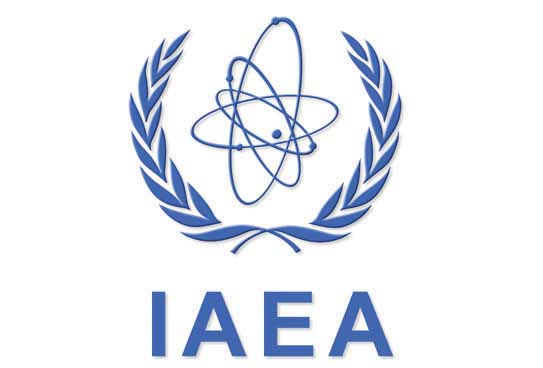
Egypt under al-Sisi reign enhances the relations with Israel not only on the security level but also on the diplomatic level.
According to a cable sent to several Israeli embassies whose contents reached Haartez, the Israeli newspaper, Arab states, led by Egypt, plan to refrain this year from seeking a vote on a resolution regarding the oversight of Israel’s nuclear facilities during the International Atomic Energy Agency’s general conference next month.
Tamar Rahamimoff-Honig, head of the Foreign Ministry’s Arms Control Department sent a telegram to Israeli diplomats who unveiled its content. The telegram stated that the Arab League member states had made the decision not to demand a vote on a resolution regarding Israel’s nuclear program, according to three Israeli diplomats.
However, the Israeli diplomats noted the telegram warned the Arabs’ decision could change on short notice, so the envoys had to be prepared to counter such a resolution, like every year.
In the telegram, the ambassadors were asked to transmit to their interlocutors in the countries where they serve that “Israel is pleased with the Arab states’ decision not to seek a vote on such a resolution, but to stress that if a vote does take place, Israel would like that country’s envoy vote against it,” reported Haaretz.
In the same context, Israel’s ambassador to the IAEA, Merav Zafary-Odiz, sent Amano a letter on July 26, in which she welcomed the Arab states’ decision.Zafary-Odiz wrote,”Israel welcomes the decision of the Arab League to refrain, this year, from submitting a draft resolution under this agenda item.”
Moreover, senior Israeli diplomats noted that the Arab states’ decision was most exceptional.Arab states, led by Egypt, have been advancing resolutions on Israel’s nuclear facilities nearly every year since 1987. But over the last three years Israel foiled the resolutions by recruiting more and more countries to vote against them.
Israeli and Western diplomats believe that there are two reasons for the decision not to advance a resolution on Israel’s nuclear weapons.
The first reason is that the Arab states couldn’t grant a majority for the resolutions in recent years. According to an Israeli diplomat, “They simply understand that they’ll lose and they don’t want to be humiliated again.”
The second reason, they said, is the rising “warming”(as named by al-Sisi in his speeches about Egypt’s relations with the Zionist entity) relations between Israel and Egypt.
It was the Egyptian Foreign Ministry, which was responsible for dealing with this subject, headed now by FM Sameh Shoukry, who visited Israel recently. A Western diplomat said, “Apparently Shoukry understands that advancing this move against Israel’s nukes is illogical, doesn’t serve Egyptian interests and will undermine other issues it is trying to advance with Israel.”
On the other hand, NRG(the Israeli news site) stressed that” the mutual interests between Egypt and Tel Aviv is improving in an unprecedented way in the light of the current regional developments as this is the main reason for the Egyptian Israeli rapprochement.”
Regarding the Egyptian public dissent to the normalization with Israel Assaf Geibor-NRG correspondent- said that”what really matters the Israeli regime is the Egyptian regime’s effort to change the hatred towards Israel among millions of the Egyptian people.”
The Israeli news site also mentioned an expected visit to the Israeli Prime Minister Benjamin Netanyahu to the coastal city of Alexandria coming September. NRG considered the expected visit,which wasn’t officially confirmed, a” historical” one that will witness the reopening of the Jewish temple known as prophet il yahoo. The visit will need strict security measures and preparations from the Egyptian side especially with presence of the Egyptian domestic opposition to the expected visit.
In addition, the Israeli news site pointed to the”growing warm relations between Egypt and Tel Aviv and the military and economic cooperation that have developed recently.” But it added that despite all these developments,”the Egyptian people still carry feelings of hatred towards the Israelis and Zionists that was deeply rooted for decades.”
Since the military coup in 2013 against the first democratically elected president Mohamed Morsi, the Egyptian Israeli relations have witnessed unprecedented development on the security and intelligence level. On the diplomatic level, the relation between both countries has boosted after the latest visit of Egypt’s FM to Israel



